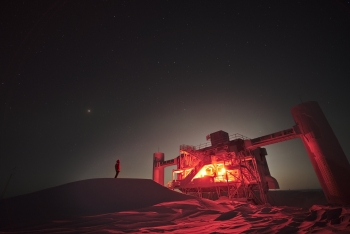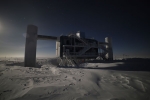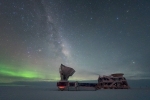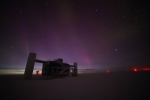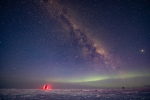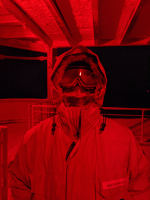IceCube, the Antarctic neutrino detector that in July of 2018 helped unravel one of the oldest riddles in physics and astronomy — the origin of high-energy neutrinos and cosmic rays — is getting an upgrade.
Just as the skies reached complete darkness at the Pole last week, up rose the moon.
Finally more stars and auroras can be observed at the South Pole as the sky continues to get darker and darker.
IceCube’s winterovers were out at the IceCube Lab (ICL) for some troubleshooting last week, and they captured a few different views of the ICL in photographs.
The Texas Advanced Computing Center (TACC) announced the set of 21 codes and “grand challenge”-class science problems that will receive funding through the Characteristic Science Applications (CSA) program. Among the chosen applications was the IceCube Neutrino Observatory, which will use advanced software to improve multimessenger astrophysics efforts.
Last week at the Pole was quiet for the IceCube detector but not so quiet for the winterovers.

